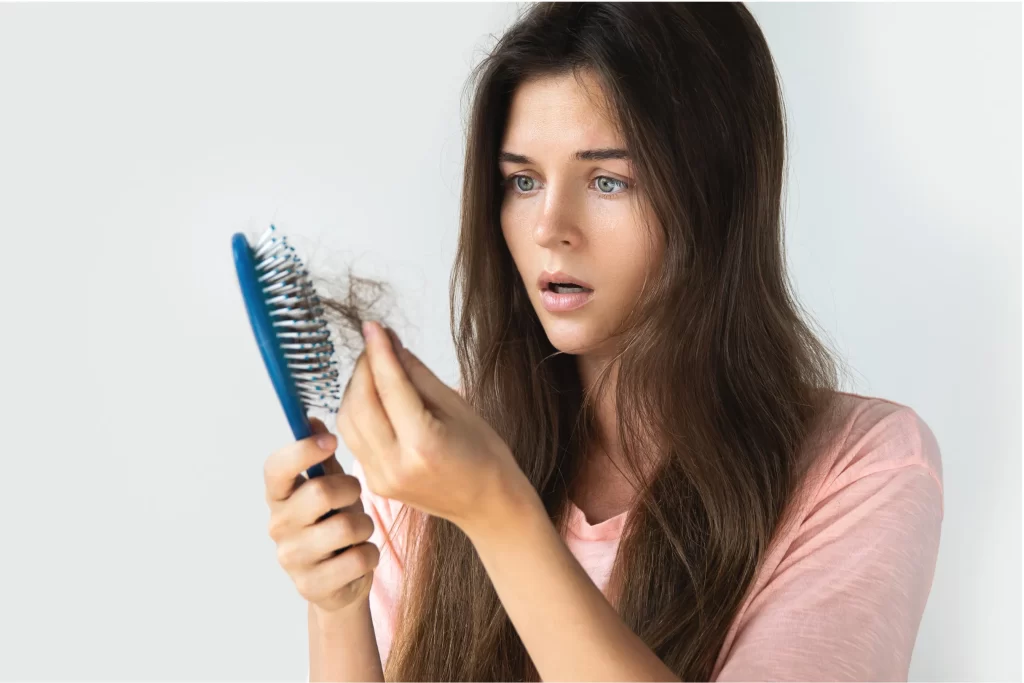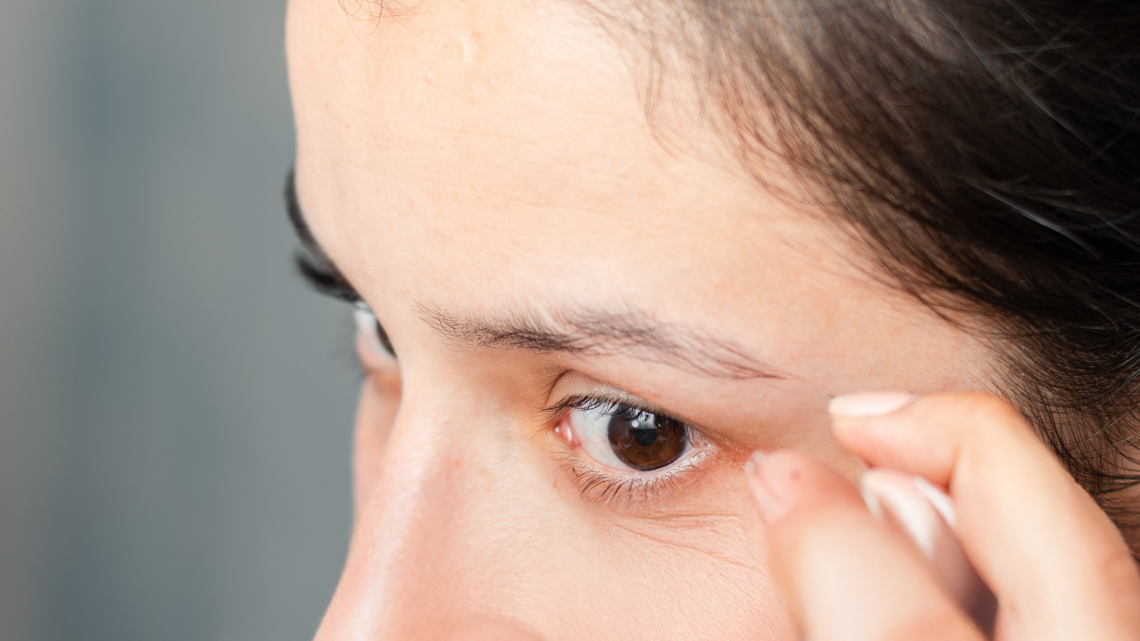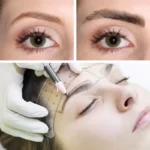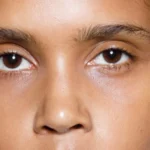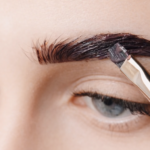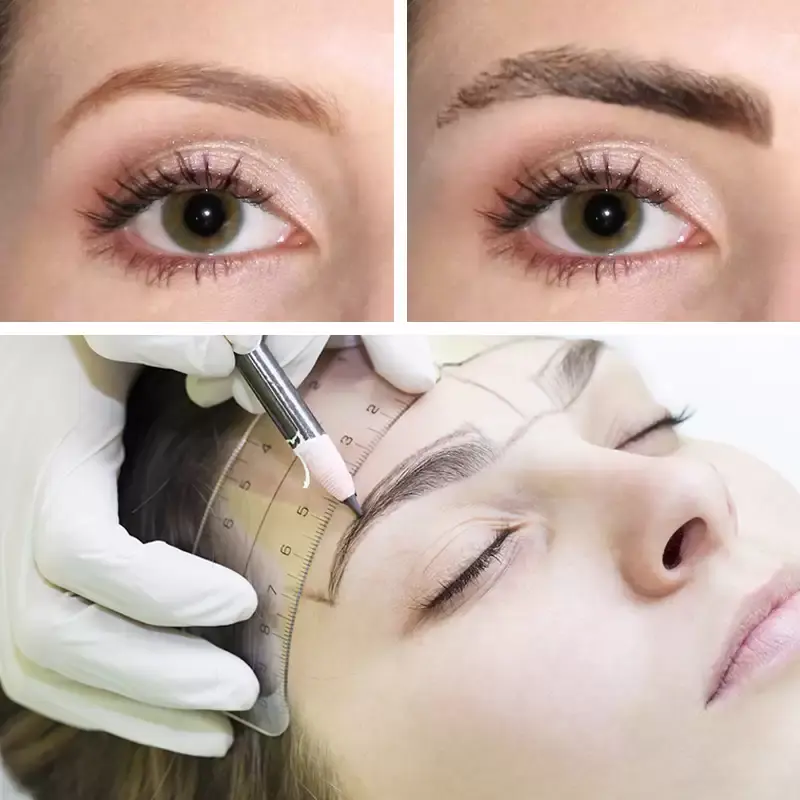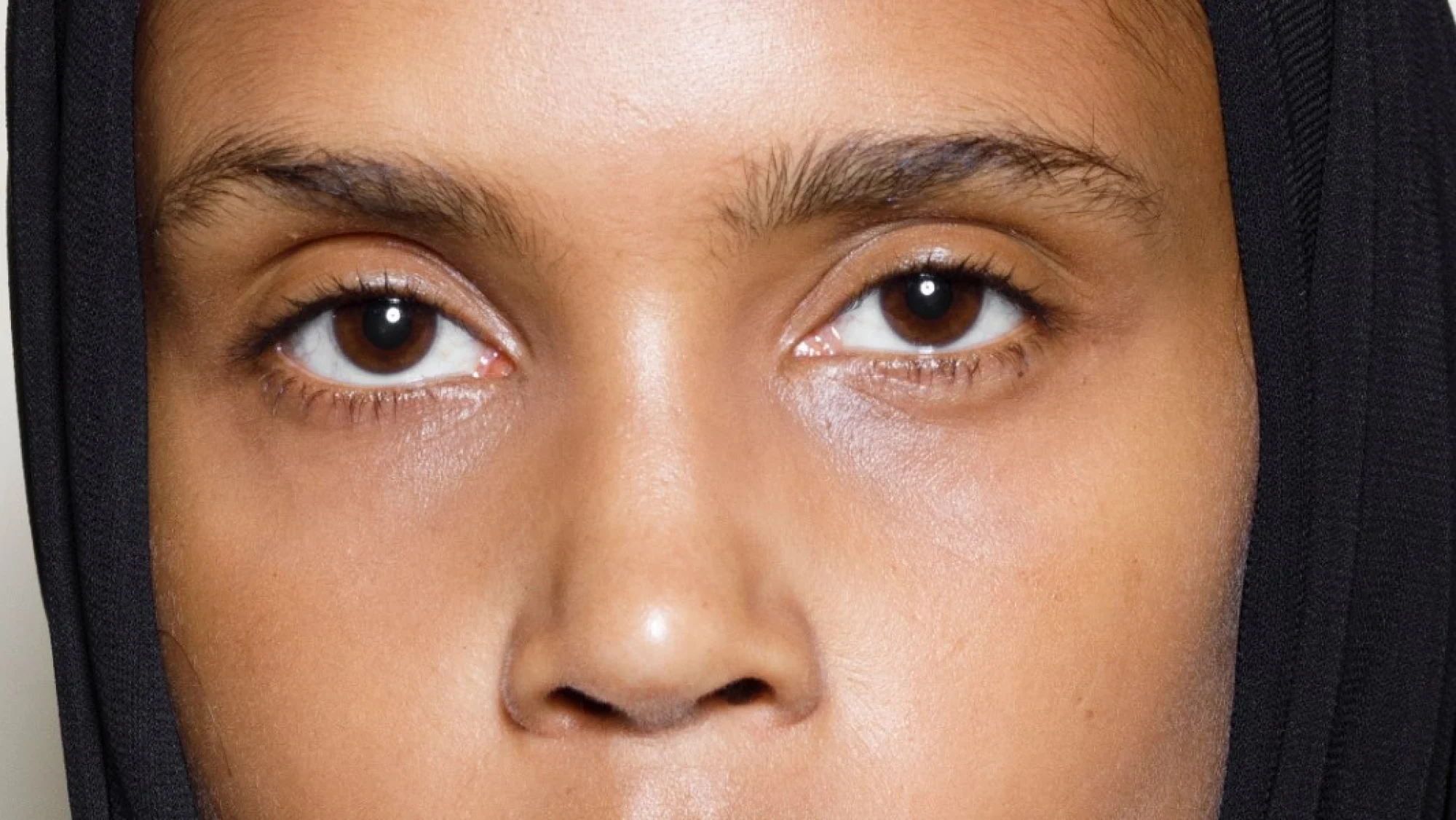Table of Contents
ToggleYour shampoo plays a vital role in maintaining healthy hair, but not all products are safe or effective. Some shampoos contain harsh chemicals that can irritate your hair and scalp, weaken hair follicles, and even contribute to hair thinning or losing hair. In some cases, these concerns have led to shampoo hair loss lawsuits, with consumers reporting increased shedding after using certain products.
This guide explores the worst shampoos that cause hair loss, the ingredients to avoid, and how to choose the right hair products for strong, healthy hair.
Can Shampoos Cause Hair Loss?
The link between shampoo that causes hair loss and actual shedding is debated, but it’s clear that certain formulations can harm the scalp and lead to issues like dryness, irritation, and breakage. While shampoos alone may not directly cause permanent hair loss, they can exacerbate existing conditions and contribute to temporary shedding or a weakened scalp environment.
That’s especially true for worst shampoo brands that include harsh sulfates or preservatives.
How Certain Shampoos Impact Hair and Scalp
1. Harsh Ingredients
Many shampoos contain chemicals that can irritate the scalp or weaken the hair shaft. Ingredients like sodium lauryl sulfate (SLS) are known to strip natural oils, leaving hair dry and brittle. Additionally, preservatives such as DMDM hydantoin, which releases formaldehyde, have been linked to scalp irritation and hair shedding. These concerns have even sparked shampoo hair loss lawsuits against major brands.
If you’re searching for a shampoo that makes your hair fall out, start by checking the label for these culprits.
2. Product Buildup
Heavy shampoos with silicones or waxes can leave residue on the scalp, clogging hair follicles and hindering hair growth. Over time, this buildup can lead to thinning and loss of hair.
3. Scalp Inflammation
Artificial fragrances, parabens, and other allergens in shampoos can trigger inflammation. Chronic irritation of the scalp can weaken hair follicles and disrupt the natural cycle of hair growth, leading to increased shedding.
Ingredients to Avoid in Shampoos That Cause Hair Loss
To minimize damage and protect your hair, steer clear of the following ingredients:
- Sodium Lauryl Sulfate (SLS): A harsh detergent that strips natural oils, causing dryness and weakening the hair shaft.
- DMDM Hydantoin: A preservative linked to formaldehyde release, which may irritate the scalp and contribute to hair loss.
- Parabens: Synthetic preservatives that can disrupt hormonal balance and worsen certain types of hair loss.
- Alcohols: Found in many cheap shampoos, alcohols can dry out hair, making it prone to breakage.
What Shampoos Are Linked to Hair Loss?
Some consumers have reported increased shedding or thinning after using certain shampoos. While no product is guaranteed to cause hair loss in everyone, the worst shampoos that cause hair loss often include harsh chemicals or poorly balanced formulas. These issues have been serious enough to spark multiple shampoo hair loss lawsuits, including the following:
- Unilever TRESemmé Keratin Shampoo and Conditioners: Users of TRESemmé keratin products containing DMDM hydantoin have reported significant hair loss and even scalp burns. This led to multiple class-action lawsuits being filed across several states. Unilever, which previously settled a similar lawsuit, has since recalled some of these products.
- Johnson & Johnson OGX Shampoo: A class-action lawsuit was also filed against Johnson & Johnson after consumers reported scalp irritation and hair shedding linked to their OGX shampoos and other hair products containing DMDM hydantoin.
- Straight Arrow Products Mane ’n Tail Shampoo and Conditioners: Some users of Mane ’n Tail products reported severe scalp irritation, hair loss, and even bald patches. These claims led to a class-action lawsuit against Straight Arrow Products for their use of formaldehyde-releasing ingredients in several of their formulations.
These cases highlight the potential risks of using shampoos with harmful chemicals like DMDM hydantoin, which can damage the scalp, weaken hair follicles, and contribute to hair thinning or shedding.
Signs Your Shampoo May Be Contributing to Hair Loss
If you’re experiencing hair loss in shampoo, here are some signs your product may be the culprit:
- Excessive Shedding: More hair falling out than usual after washing.
- Dry or Brittle Hair: A sign that your shampoo is stripping away too much moisture.
- Irritated Scalp: Redness, itching, or flaking after using a product.
- Thinning Hair: Gradual loss of volume or density that coincides with a specific shampoo.
The worst shampoos that cause hair loss in female users often lead to breakage, scalp irritation, and thinning.
How to Choose Safer Shampoo Products
1. Look for Sulfate-Free Formulas
Shampoos without sulfates are gentler on the scalp and help maintain natural oils, which are essential for healthy hair.
2. Opt for Natural Ingredients
Shampoos with aloe vera, tea tree oil, or coconut oil nourish the scalp and hair without causing irritation or hair damage.
3. Match Your Hair Type
Select a shampoo that addresses your specific needs, whether it’s for dryness, oiliness, or type of hair loss.
4. Read Labels Carefully
Avoid products with synthetic fragrances, parabens, or formaldehyde-releasing preservatives like DMDM hydantoin.
Ingredients to Avoid
Steer clear of these ingredients if you’re worried about shampoo that causes hair loss:
-
Sodium Lauryl Sulfate (SLS): Harsh cleanser that causes dryness
-
DMDM Hydantoin: Linked to formaldehyde in shampoo
-
Parabens: Can disrupt hormones
-
Drying Alcohols: Common in worst shampoos for your hair
Shampoos Involved in Hair Loss Lawsuits
Wondering which products are on the list of shampoos that cause hair loss lawsuit activity?
- TRESemmé Keratin by Unilever
- OGX Shampoo by Johnson & Johnson
- Mane ’n Tail by Straight Arrow
- Head & Shoulders
There have been mentions of the Head and Shoulders hair loss lawsuit due to drying ingredients in some variants. Always verify which version you’re using. These examples show why it’s crucial to know what shampoos cause hair loss and choose brands carefully.
Hair-Loss Shampoos That May Support Hair Regrowth
Most shampoos marketed for hair loss have limited evidence proving their ability to regrow hair. However, some shampoos that target specific scalp issues, such as Malassezia (a common yeast that may contribute to hair loss), show promise in supporting hair growth. Ingredients commonly found in anti-dandruff shampoos have been highlighted for their potential benefits:
- Ketoconazole Shampoo: Known for its antifungal properties, it can help reduce scalp inflammation that may contribute to hair loss.
- 1% Pyrithione Zinc Shampoo (e.g., Head & Shoulders): This ingredient combats dandruff and may promote a healthier scalp environment for hair growth.
Additionally, researchers are developing new shampoo formulations that could serve as effective hair-loss treatments. If you’re noticing thinning hair, it’s crucial to consult a dermatologist early. They can recommend the most appropriate treatment to address the underlying cause and maximize your chances of restoring hair growth.
Which Factors or Habits Can Contribute to Hair Loss?
Several lifestyle factors and habits can lead to thinning hair or exacerbate existing hair loss conditions. Here are two common contributors:
- Repeated Trauma to the Hair
Constant stress on your hair from excessive brushing, tight hairstyles, or frequent use of heat styling tools and chemical treatments can cause a condition known as acquired trichorrhexis nodosa. This results in weakened and broken hair shafts, making the hair appear thinner and more prone to breakage. - Emotional or Physiological Stress
High levels of stress, whether emotional or physical, such as from illness, surgery, or childbirth, can trigger a type of temporary hair loss called telogen effluvium. This condition occurs when a significant number of hairs enter the shedding phase of the hair growth cycle about 3 to 5 months after the stressful event. Fortunately, in most cases, the hair grows back to normal once the stressor is resolved.
Understanding these factors and managing habits like over-styling or stress can play a key role in maintaining healthy hair.
Can You Regain Lost Hair?
Regaining lost hair depends on the type of hair loss you’re experiencing. For conditions like scarring alopecia, where the hair follicles are permanently damaged due to chemical exposure, hair trauma, or medical conditions, regrowth may not be possible. However, a hair transplant can be an effective solution to restore hair in these cases by transplanting healthy follicles to the affected areas.
Non-scarring alopecia, which doesn’t involve permanent follicle damage, can often be reversible. Causes such as natural aging, stress, or temporary medical conditions may be addressed with treatments or lifestyle changes. In advanced cases, a hair transplant procedure may still be a viable option to restore density and fullness.
If you’re losing hair, consulting a dermatologist or hair transplant surgeon is essential. They can help determine the cause and recommend the best treatment plan, including medical therapies or surgical options like hair transplants, to help you regain confidence and achieve lasting results.
When to Consult a Hair Transplant Specialist
If you suspect that your shampoo is contributing to hair thinning or shedding, it’s important to consult a dermatologist or Hair transplant specialist. They can help determine whether the issue is related to your shampoo, an underlying medical condition, or other factors like stress or diet. Early intervention can help prevent further hair loss and promote recovery.
Our Final Thoughts on Choosing the Right Shampoo to Avoid Hair Loss
Choosing the right shampoo is essential for maintaining healthy hair and preventing potential damage. The worst shampoos that cause hair loss often contain harsh chemicals like sodium lauryl sulfate or DMDM hydantoin, which can irritate the scalp and weaken hair follicles. By opting for high-quality, gentle products and avoiding shampoo brands with harmful ingredients, you can protect your hair and support its natural hair growth.
If you’re experiencing persistent shedding or thinning, don’t hesitate to seek professional advice. Identifying the root cause of your hair concerns can help you make informed decisions and keep your hair looking its best.


